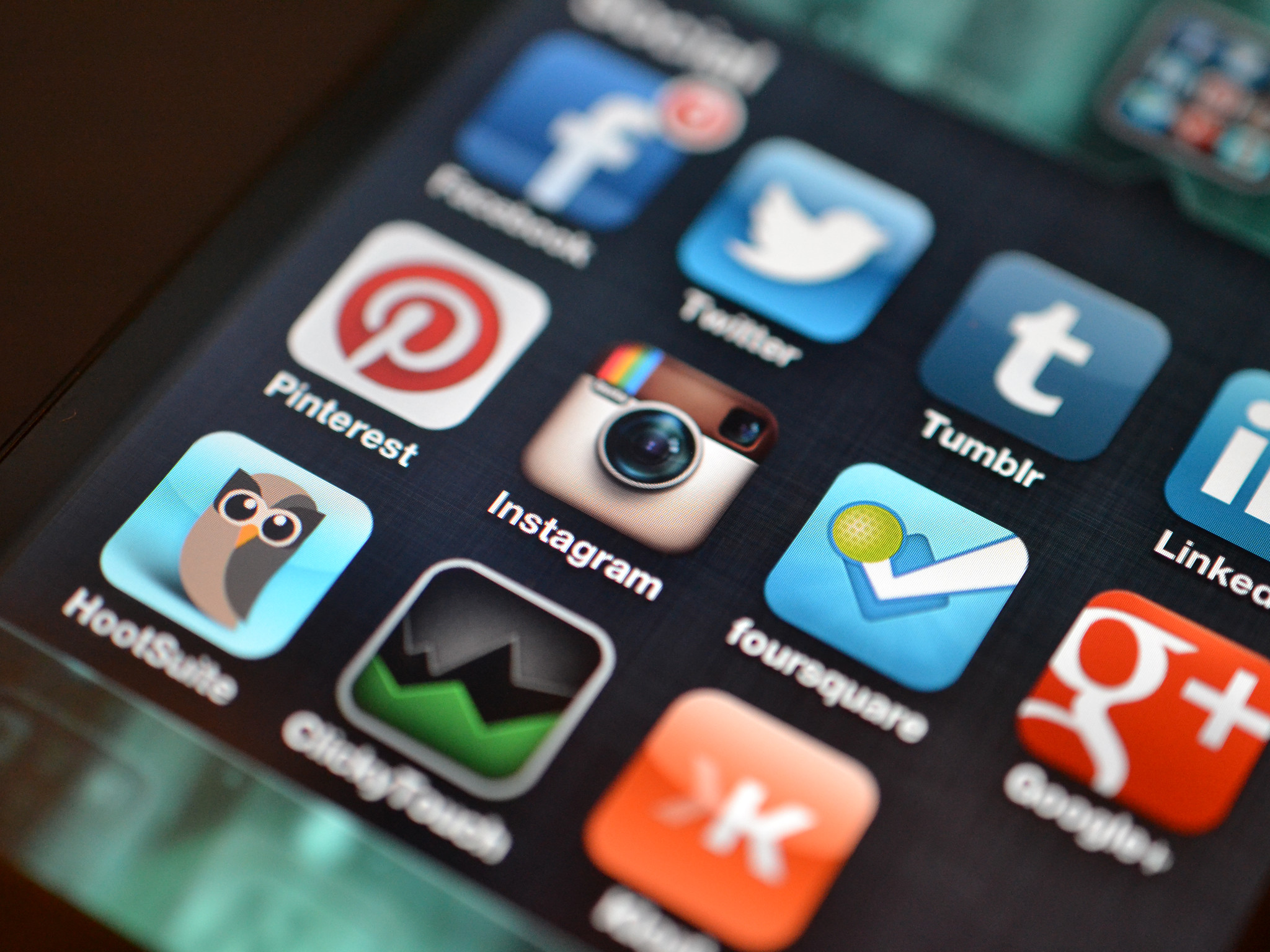
COMMENTARY: Finding a balance between social media and health
Social media has been great for a number of things, from making connections with others to connecting organizations with their stakeholders. However, despite its advantages, social media can also have a negative impact on mental and physical health if not used in moderation. Research has shown a correlation between long periods of time on social media and increased feelings of depression, anxiety, low self-esteem and sleeplessness.
It is important to clarify that social media is as much a blessing as a source of mental stress. Social media has let otherwise house- or hospital-bound human beings keep contact with the outside world. It keeps long-distance relationships within easy reach, allows us to share cat videos, check out places before visiting, and has helped people all over the world to connect with each other to share ideas, collaborate, find support and make friends.

Social media can also provide an escape from undesirable realities or family disputes, which is great for finding an online support network and online professional counseling, but it can also be used to avoid pressing family or personal matters such as sharing emotions or finishing assignments. Comparing ourselves to unmet societal and family ideals expressed on social media and real life can also persuade some of us to doubt our self-worth and exhaust ourselves trying to fulfill those expectations.
Digital.gov said on average people in 2015 spent 26 hours on social media every month. Britini Pond, author of “The Impact of Social Media on Mental Health,” said late-night scrolling, ready access to damaging content, and waiting for comments and “likes” can take a toll on mental health, inducing depression, anxiety and low self-esteem. Lack of sleep also makes concentration harder, a crucial step in acing midterms and assignments.
“Additionally, the blue light effects of device screens and quick pace of social media interactions are known to negatively impact sleep,” said Jonathan Schmalz-Benson, assistant director and training director for UHCL Counseling Services.
So, what can we do?
Schmalz-Benson suggests taking a break from social media. It can start at a few minutes then progress to an hour or two. Use that time to work on a passion project, walk, make a favorite dish, or take a bubble bath. It is important to indulge and reward oneself for taking a break.
“We may not need to quit [social media] completely,” said Alice G. Walton, senior contributor to Forbes magazine. “But limiting our time on social media considerably, and reconnecting with friends and family in real life, is definitely the way to go.”
If leaving social media is not an option – for example, if it is necessary for work, communicating with family or in case of an emergency – practice mindful media surfing. Make it a point to use social media for a purpose such as finding project ideas or recipes and put them to use.
Another thing to try is removing apps from the home screen, that way storage space is saved, the home screen is decluttered and the temptation to click on any social media apps is avoided. Instead, it would take the extra step of surfing the internet and logging into the account to use the app – if the account password is remembered.
Additionally, moving “update emails” from social media sites into Junk or Spam folders prevents an update-flooded inbox and significantly decreases the number of unread emails displayed on the home screen.
To summarize, social media can be used to harm as much as it can be used to help. During the holidays, pressures to buy gifts for loved ones or dreading family reunions can add to feelings of inadequacy and stress.
Sleep deprivation from late-night scrolling can negatively impact performance during the day and reduce the quality of studying. To mitigate this, a healthy balance between screen time and personal time should be established. Mindful social media surfing and communicating with a support network that values all of its members will help increase mental and physical health.
With holidays and midterms just around the corner, physical and mental well-being will be pivotal to be physically and emotionally present with loved ones, and help students catch enough sleep to ace upcoming exams and midterms.
